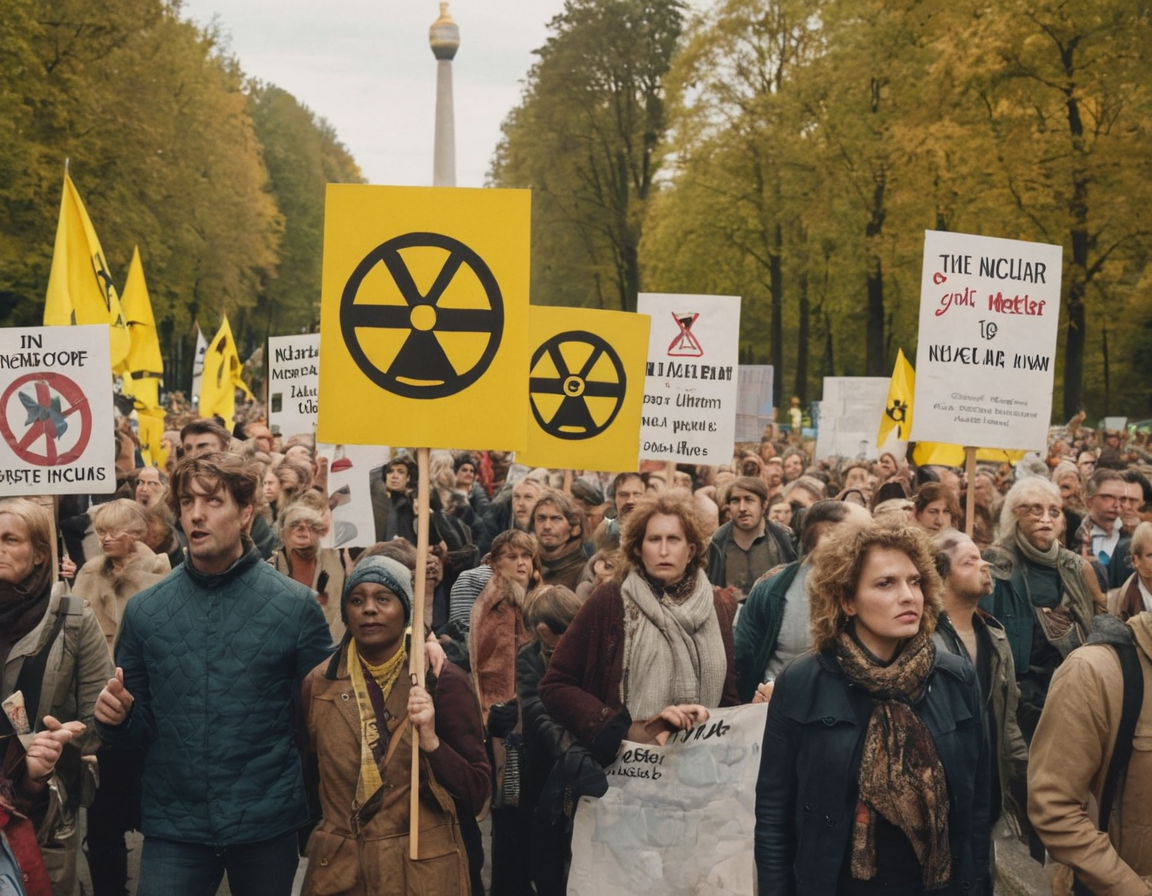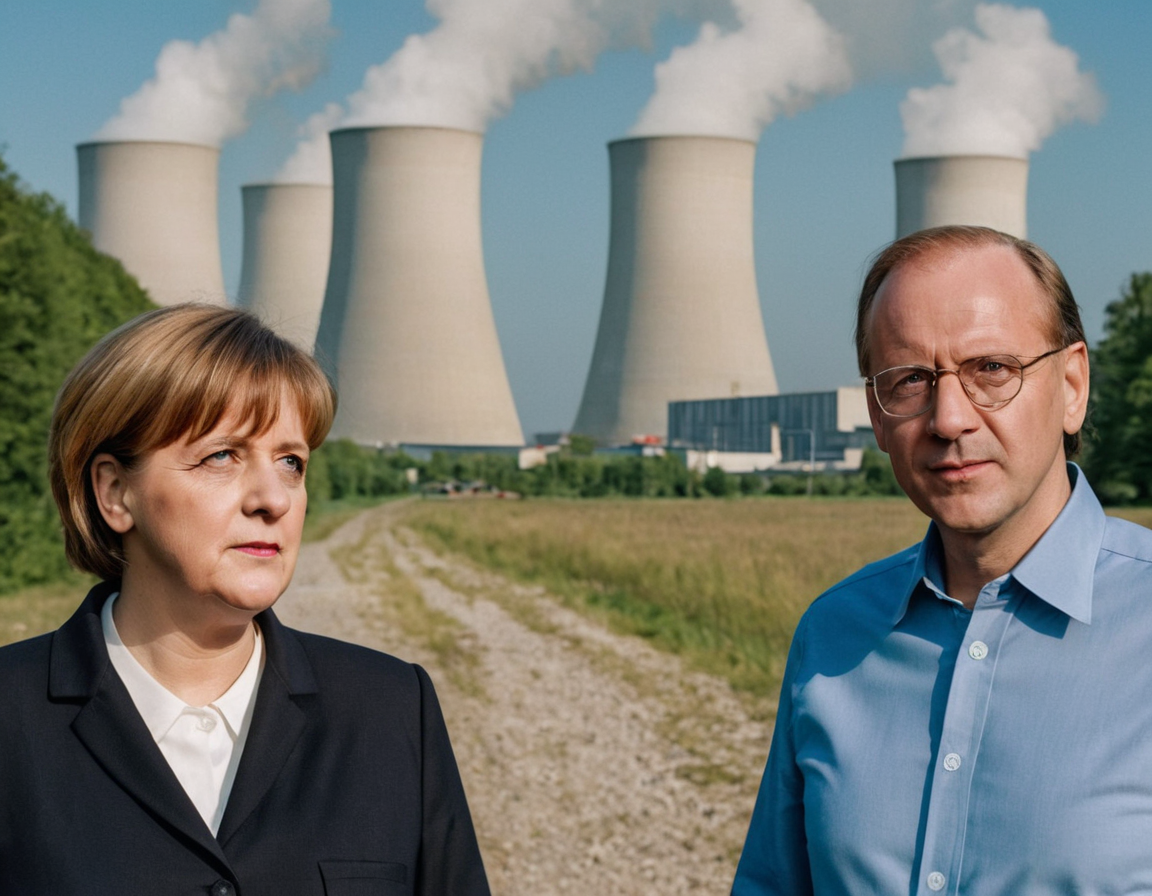Voices of Change: Prominent Anti-Nuclear Advocates in Germany
Breaking the Atomic Chains: The Rise of Anti-Nuclear Advocacy in Germany
Germany’s journey from being a nation reliant on nuclear energy to one on the path to renewable transformation has been marked by the passionate campaigns of anti-nuclear advocates. Their voices have resonated through the decades, growing stronger in the wake of the Fukushima disaster in 2011, which served as a catalyst for the country’s energy policy overhaul.

Ground Zero: The Roots of Anti-Nuclear Sentiment
The seeds of anti-nuclear sentiment in Germany can be traced back to the 1970s, with concerns over waste disposal and the potential for catastrophic accidents. Activists came together to form a powerful grassroots movement, building a foundation for the later Energiewende – Germany’s ambitious transition to renewable energy.
Voices that Echo: Influential Anti-Nuclear Advocates
- Rebecca Harms: A former Member of the European Parliament, Harms has been advocating for nuclear safety and renewable energies since the early 1980s.
- Dr. Angela Merkel: The former Chancellor played a pivotal role in phasing out nuclear power following the Fukushima disaster.
- Jürgen Trittin: As Environment Minister in the early 2000s, Trittin was instrumental in the first legislative move to end nuclear power.

The Fukushima Effect and Policy Reversal
The Fukushima Daiichi nuclear disaster served as a critical turning point in German energy policy. Within days of the catastrophe, eight of Germany’s oldest nuclear power plants were shuttered, and the decision to phase out the remaining facilities by 2022 was solidified.
The Real-World Impact: Germany’s Transformation
Germany has seen a surge in renewable energy investments post-Fukushima, with anti-nuclear advocates playing a key role in shaping public opinion and policy. This push for green energy is not only an environmental stance but also a strategic move to ensure the nation’s energy security.

Looking to the Future: Ongoing Challenges and Prospects
Although the Energiewende is well underway, challenges persist, including balancing energy demands with supply and managing the costs. The voice of anti-nuclear advocates remains crucial as they monitor progress and continue to champion a clean energy future.
In conclusion, the influence of anti-nuclear advocates in Germany is an inspiring testament to the power of collective action in shaping national policy. As the world faces increasing environmental challenges, their efforts echo as a bold statement that change is possible with unwavering conviction and public support.
Join the conversation and share your thoughts on the future of renewable energy in the comments below.
Call to Action: Are you inspired to take part in the global movement towards a sustainable future? Discover how you can contribute to the transition to renewable energies and help build a greener world.






